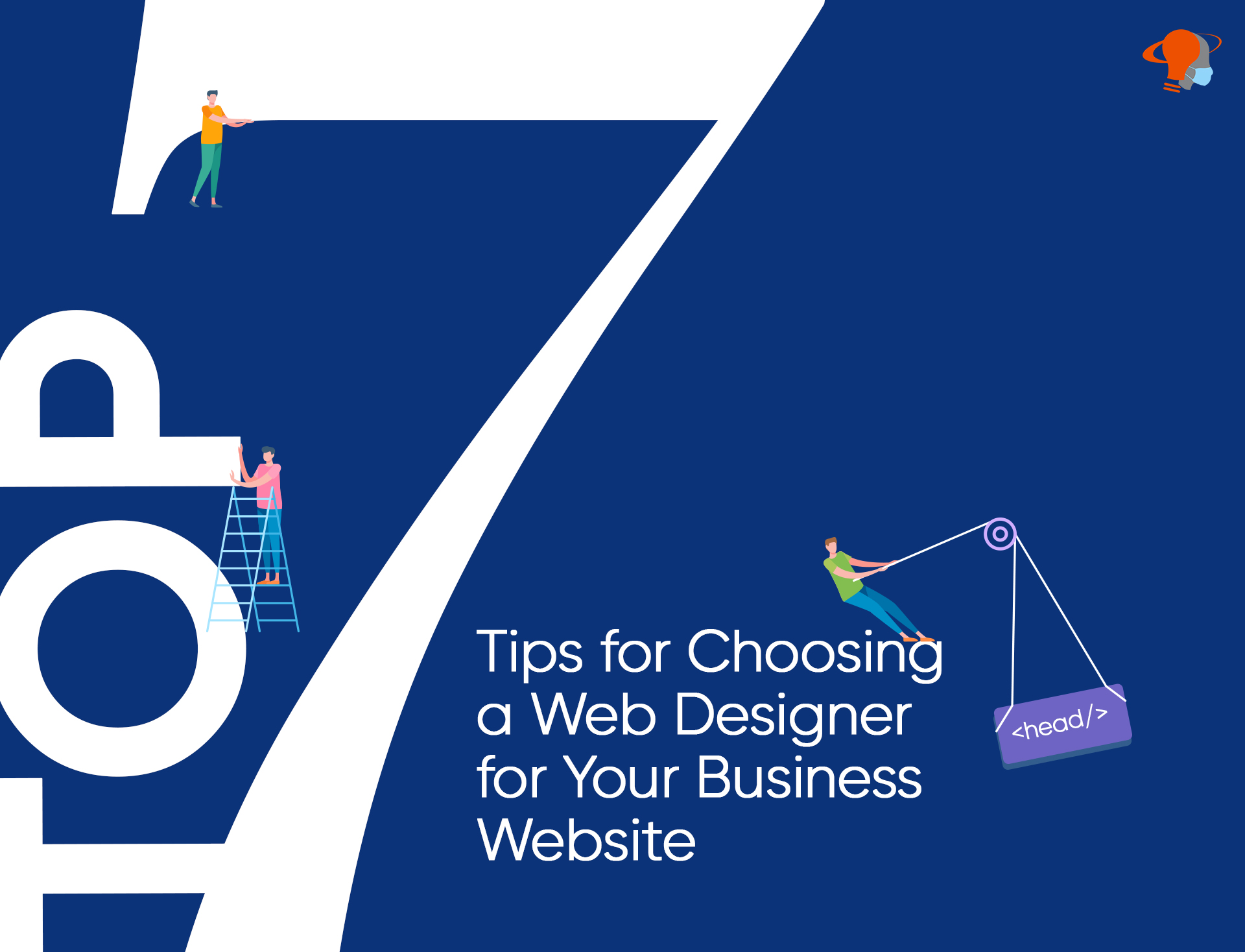Designing and the “building” a website is a work of art that serves both a practical and symbolic purpose. It’s a digital expression of who you are, what you do, and how you do it—in many respects, it’s an extension of you and your business.
It’s a difficult task to design and develop anything that’s meant to fully and accurately reflect you and your company—with all the aesthetic, functional, and logistical requirements that entails.
Choosing a web designer to collaborate with during this process is, to say the least, a crucial decision!
- Research : It is important to have done your homework before you recruit any assistance for your website. How many pages would you require for your website? Do you have any specific features in mind? Do you want someone to assist you with copywriting and SEO, or only the design elements? This will help you have a focused search.
- Portfolio : One of the finest methods to visually grasp the designer’s future work is to look at his or her previous work. Is the site easy to navigate and does it make sense to the visitor? Is it appealing on both a desktop and a mobile device? What kinds of additional features are included? (For example, blogs, Social media, newsletter email opt-ins, e-commerce, etc.)
- Interaction : You need a web design firm that recognises and values your experience. You have a good concept of what you’re promoting and how you should convey it to your target buyers for best results.
- Cost : The cost should fit within your budget and there should be a justification for the expensive costs.
- Timeline: It’s critical to understand and respect a designer’s timeline—both for developing a drafts and for any revisions—especially if your project has a fixed launch date.
- Reviews: Testimonials from previous clientele can be a significant understanding of your project potential
- Post support: Look for web designers who will also be there with you post your website is developed, providing support as and when needed.


